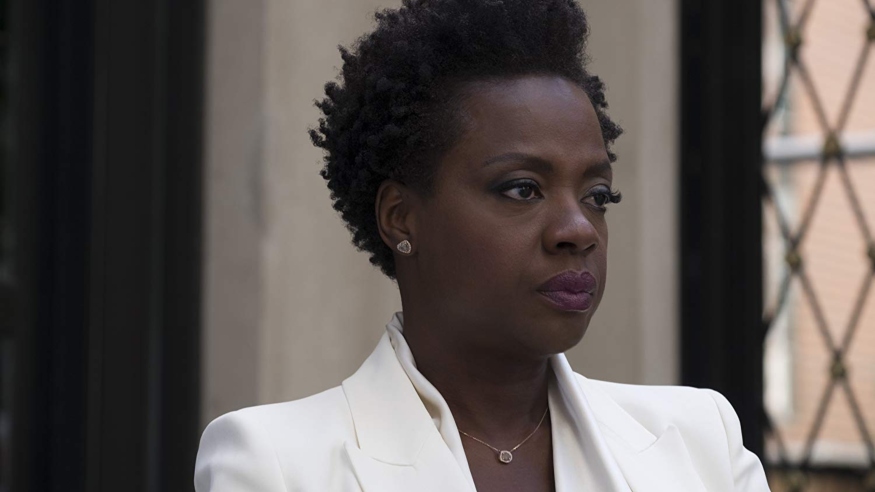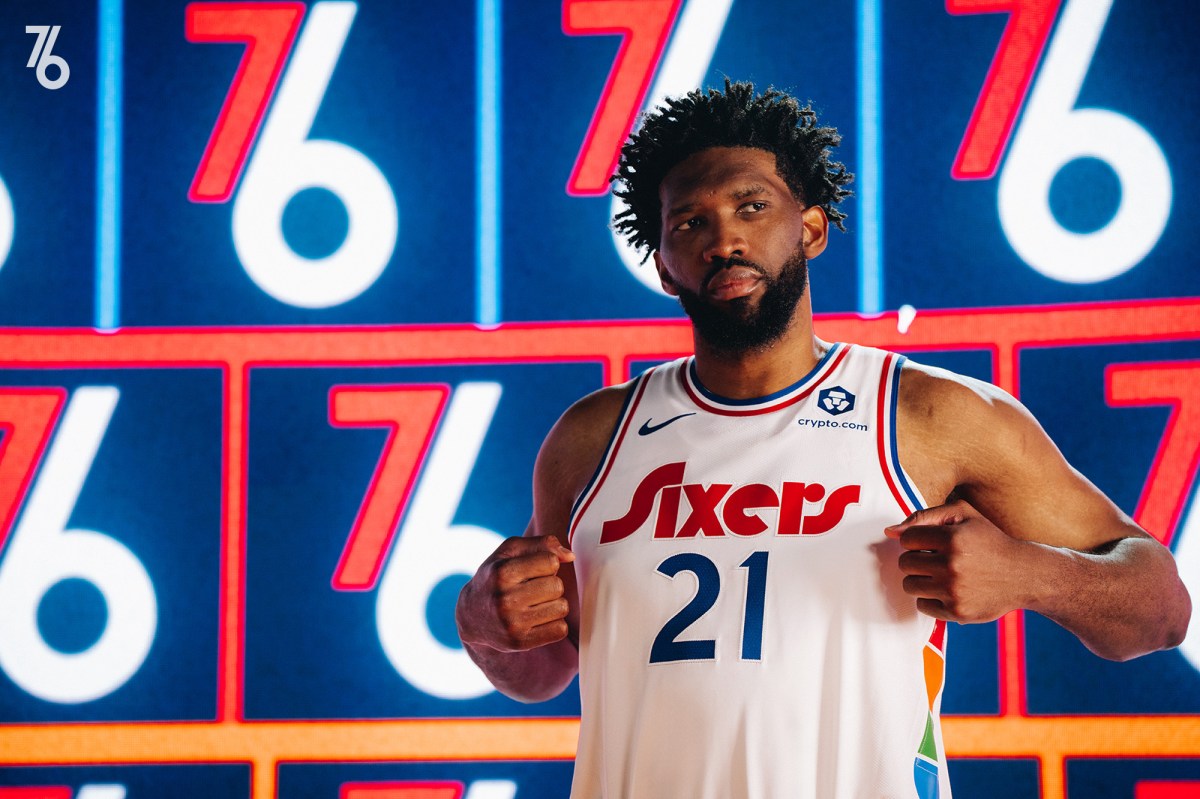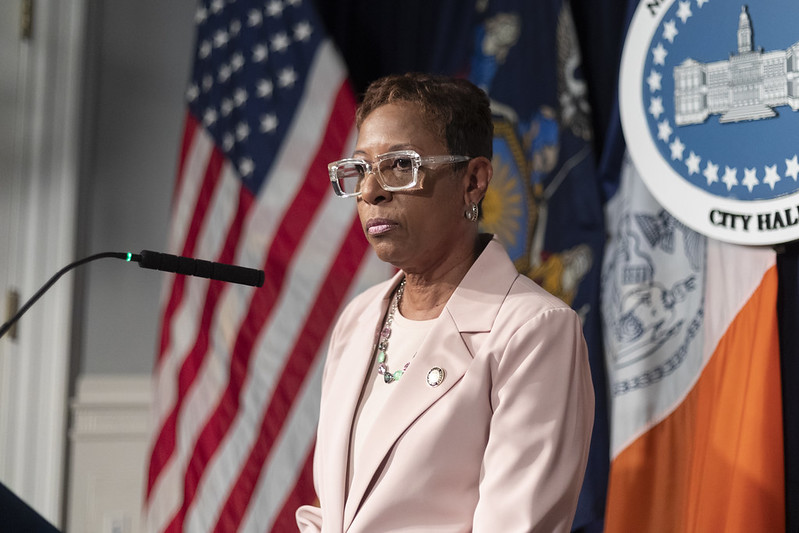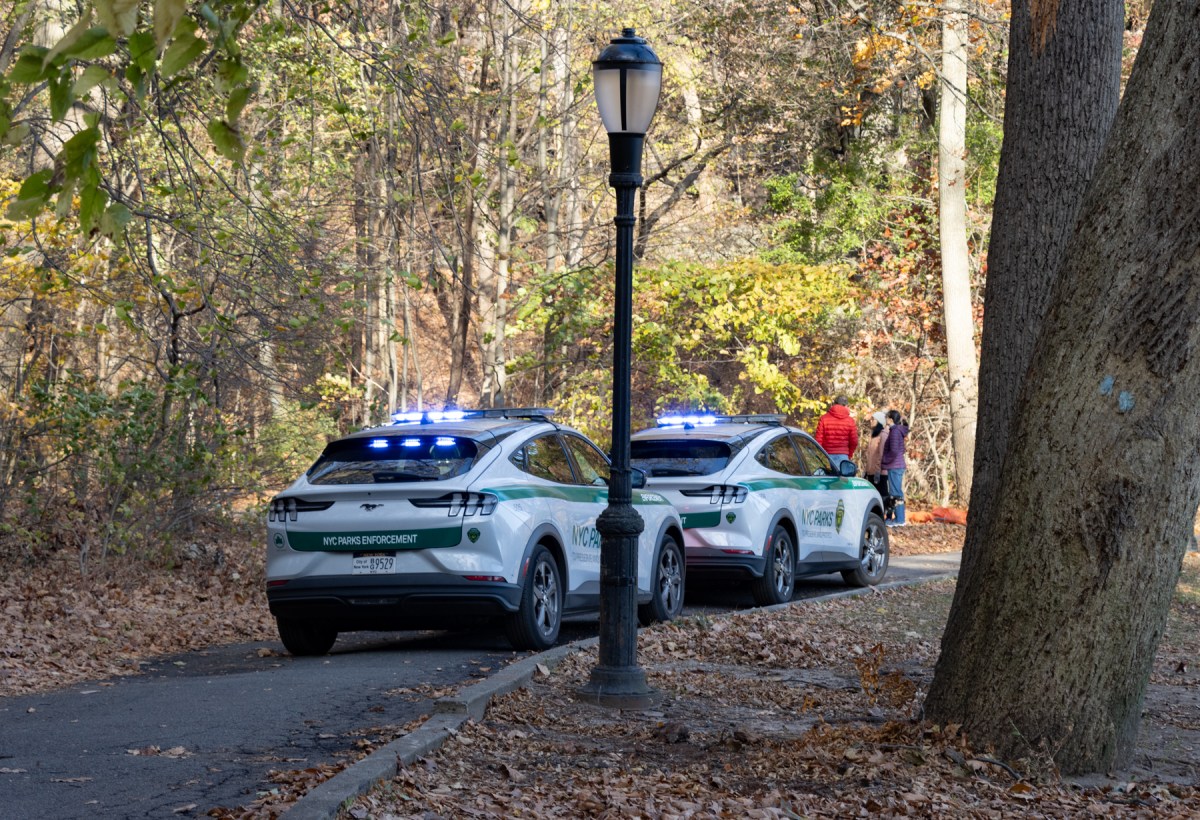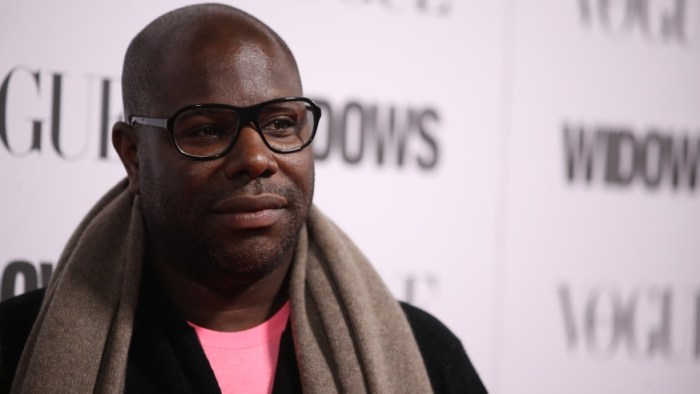The power and intelligence of Steve McQueen reverberates throughout all of his films.
Not only does he have the confidence and audacity to take on striking subject matters like hunger strikes (“Hunger”), sex addiction (“Shame”) and slavery (“12 Years A Slave”), but he imbues these films and stories with a complexity, intellect and benevolence that leaves them swirling in your mind for weeks and months after.
With “Widows” McQueen has taken these skills to mainstream cinema. But during our recent discussion regarding the thriller, which revolves around a group of women attempting a heist to pay back a crime boss their criminal husbands died robbing, the English director insisted he wants a larger audience he will never ever dumb down for one.
Instead he wants viewers to be so enthralled by “Widows” that they’re also subtly educated, too.
“I wanted to reach a larger, broader audience definitely,” McQueen insisted. “The reason I wanted to do that is because I don’t think you can have change without reaching the masses. It’s impossible.”
“Think of The Beatles as an example. Making music, which started with ‘She Loves You,’ ended up with ‘I Am The Walrus’ via ‘Strawberry Fields.’ They brought the general public with them.”
“It is important to communicate and put the spotlight on the environment we are living in. Change can only come from the general board of public. Not a niche group. But you need to keep that sort of niche group support while reaching out.”
“That is very important to me as an artist. Again, with The Beatles they used just, what, 8 or 12 notes, and they reached the world. That’s all you want to do as an artist.”
“I want to engage but not lower my standards or dumb down. Quite the contrary. You want to raise your game so that you can talk about things that are around us.”
“With ‘Widows,’ I wanted to talk about corruption, religion, politics, race, gender, policing, all of these issues. One can do it in a way that can engage people.”
The Beatles weren’t the only lofty benchmark for McQueen’s work on “Widows.” He also had “The Godfather” in mind when it came to his efforts to mix art with blockbuster.
“Again, Look at ‘The Godfather’ anyone and everyone can look at that picture and take something from it. From the so called high brow to the so called low brow. Everyone can engage with that film.”
“The most popular film of 1972 was ‘The Godfather.’ The most popular film of 1974 was ‘Chinatown.’ That was it. It wasn’t a case of art house and commercial. It was a case of great films.”
“That’s how I judge any film. I don’t care if it is Wong Kar Wai, Michael Mann, Francois Truffaut, Steven Spielberg or the most commercial director working now, I just look at it is a good film or bad film.”
But while other directors would instantly be mocked for using The Beatles and “The Godfather” as comparisons, McQueen has such a prestigious talent that it’s easy to envision him using their work to enrich his own.
At the same time, McQueen was just as eager to explain how deeply “personal” “Widows” and the plight and gaze put upon its female characters, led by Viola Davis and Michelle Rodriguez, was to him, too.
“Because that was what I was going through in the early 80s as a child. When I saw ‘Widows’ [the English television show the film is based upon] in 1983, I had that relationship with them.”
“These women were being deemed incapable, only being judged by their appearance, which was how the gaze was being put on me. I loved their journey and trajectory, and how they turned these stereotypes and ideas on their heads.”
You can see what Steve McQueen achieves with “Widows” when it is released on November 16.

